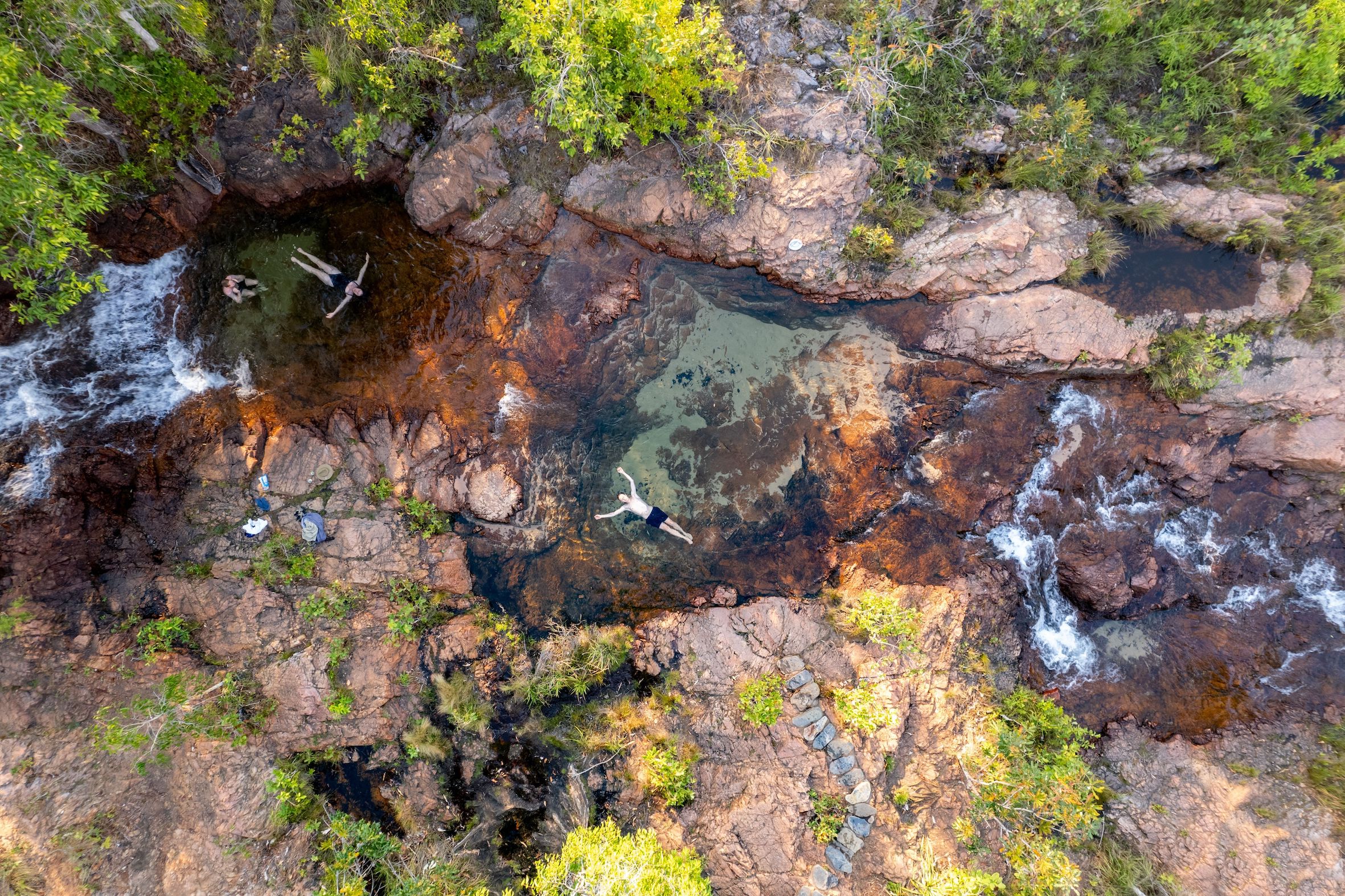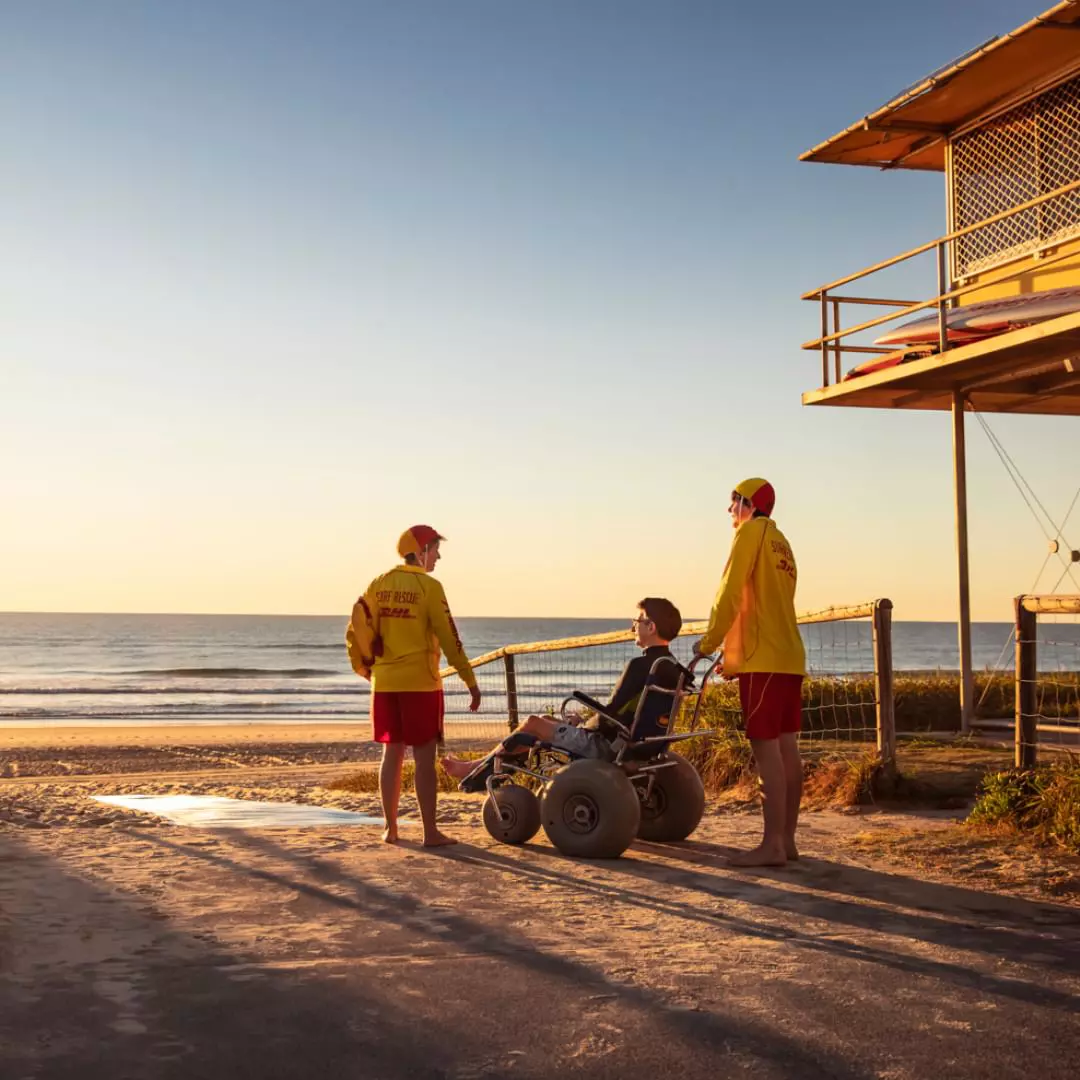Spending time in the great outdoors is an active sport and unlike any other. Backpacking your way through rugged terrain, overcoming the elements can give you a sense of empowerment and self-worth. The adventure is not without risk, however – something that actually appeals to many outdoor enthusiasts. The smart hiker never sets out without being prepared. Here are some things you should plan for before lacing up your hiking boots.
Camping Precautions
If you intend to camp as part of your adventure, check the weather conditions for both days and nights in the location you are exploring. Having the right tent and sleeping gear can make all the difference. Understand the wildlife. Some areas may be inhabited by bear; other may be home to alligators. Whatever the species, each requires that you handle things differently. With bears, for example, you will want to be able to store your food supplies in a bear bag. Don’t camp next to a lake, pond or stream if alligators are present because they roam at night. Always use fire safely and only where allowed.
Dehydration Concerns
Even in moderate temperatures, people don’t always remember to stay hydrated. Drinking plenty of water keeps the body performing at its best. Pack plenty of water - as much as 1 liter per every four miles you plan to hike and watch for signs of dehydration which can include chills, dizziness and nausea.
Dress for Success
This isn’t just true for the office. Your clothing and supplies can make your hike a brilliant success or a ghastly disaster. IF the weather can change where you are going, bring a jacket you can fold down and fit in your pack. Make sure to have rain gear and wear comfortable shoes suited to the terrain. Some basic supplies you should have on hand even for day-long hikes are a first aid kit, water, a flashlight, a compass and some energy snacks. A hat may be useful to keep the sun from beating down on the top of your head. Good socks – and a spare pair - are essential.
Hunting Season
Check with the local game and wildlife people in your desired hiking location. During hunting season, many hiking trails are closed because the lands are opened up to hunters. You certainly wouldn’t want to be mistaken for a deer or other game animal. If the trails are open, wear a bright range vest so hunters can easily see you.
You may want to carry and use sunblock if you anticipate spending any time in the sun. Sunglasses and bug spray are also good things to have on hand. As for your vehicle, since it will be unattended for long periods, don’t leave valuables visible inside. Be sure it is locked and if you need a permit to be on the lands you are hiking, make sure it is displayed in the front window.









